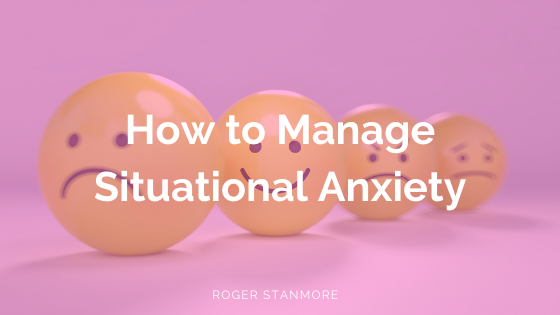Situational anxiety is a normal form of anxiety that many people experience on a daily basis. This form of anxiety is one that occurs as a response to a certain situation, such as the first day at a new school or job, a meeting with a boss, or having to talk in front of a large group. There are a few symptoms of situational anxiety that may occur in a person, such as difficulty concentrating, nausea, lightheadedness, irritability, dry mouth, trembling, nervousness, muscle tension, sweating, and more.
Talk to your doctor if you think you are dealing with situational anxiety. He or she will access your symptoms and diagnose whether they may be related to other mental health conditions. They may or may not prescribe some form of anti-anxiety medication to manage your symptoms. In the meantime, here are some ways you can manage situational anxiety on your own.
Prepare for the Situation
Many people feel this type of anxiety when they are unprepared for a certain situation. Always make sure you have plenty of time to prepare yourself for your upcoming issue, whether it is starting a new job or having to give a speech. Go through the steps in your mind and visualize what you will do or say before the actual day.
Exposure to Your Fears can Help
Exposure therapy is a type of approach that is commonly suggested to those with anxiety and phobias. The idea of exposure therapy is to expose yourself to your fear a little bit at a time. You can start slowly by simply thinking about the problem that will make you anxious. Work up facing your fears by actually putting yourself in your fearful situation.
Stop Thinking Negatively
Always dwelling on the “what-ifs” of your situation is a sure way to contribute to negative thinking. Yes, it can be hard to change, especially if you are used to thinking this way. However, you can start changing your thoughts by replacing negative ones with positive ones instead.
Try Relaxation Techniques
When you know you will feel situational anxiety, practice relaxation techniques to get you through the situation. Deep breathing and visualization will help you quickly calm down when you are upset. Practicing these coping strategies regularly will help decrease the amount of situational anxiety you experience over time.


